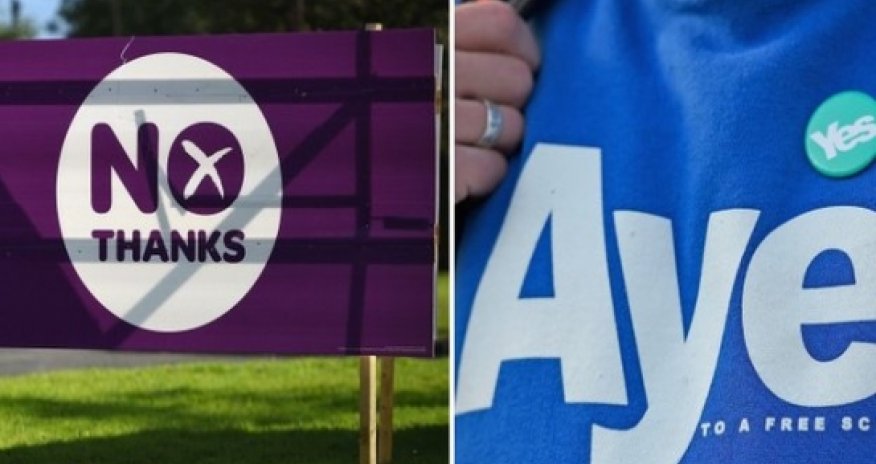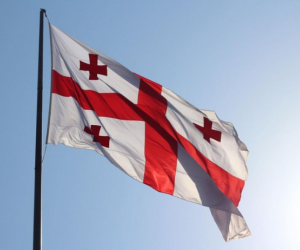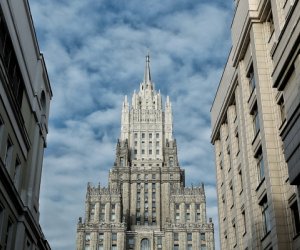Scottish independence: Does the rest of the UK care?

With the Scottish referendum just weeks away, the rest of the UK is speaking up. Some want the union to stay intact; others think Scotland should go its own way. But how much do people in England, Wales and Northern Ireland care about what happens?
What do physicist Prof Stephen Hawking, TV presenter Davina McCall, comedian Russell Brand and singer Morrissey have in common? Anyone following the Scottish independence referendum might be able to tell you: They have an opinion on the issue.
The first two were signatories to the Let's Stay Together open letter - set up by a group of campaigners who do not get a vote - telling Scots they hope they vote to stay in the union.
In contrast, Mr Brand said Scottish independence was a "good idea" and Morrissey said Scotland should "cut ties with the United King-dumb".
Celebrities are only a small part of the debate. But the recent interventions appear to be part of a pattern of increased interest about Scotland's decision in so-called rUK - the parts of the UK that will remain in the union if Scotland leaves.
There is no data showing the extent of engagement in the rest of the UK, but the BBC's recent debate between Scottish First Minister Alex Salmond and Better Together frontman Alistair Darling was watched on BBC Two by 1.5 million people in England, Wales and Northern Ireland.
Twitter activity during the debate showed discussion in a number of areas outside Scotland.
Analysis of UK national newspapers suggests media coverage of the referendum is also growing.
In August, there were 1,325 articles that contained the words Scotland and independence, according to the Lexis Nexis search engine. That compares with 839 in July and 879 in March. In August last year, there were just 238 searches containing those terms.
Kevin Schofield, the Sun's chief political correspondent, says part of the reason for increased coverage is undoubtedly because the referendum is only weeks away.
Stuart McAnulla, a lecturer in British politics at the University of Leeds, agrees. "As the date draws nearer, the interest does appear to be increasing, and you are seeing more attempts to address the debate from politicians and celebrities in the rest of the UK."
But he thinks certain issues that could have an impact on the whole of the UK are increasingly attracting attention too.
"Alex Salmond's proposal to have a currency union after independence has recently dominated the debate in Scotland. As this directly affects England, Wales and Northern Ireland, the issue has also focused attention south of the border," he says.
'Dimly aware'
A recent poll suggested 53% of people in England were against sharing the pound in the event of a "Yes" vote.
But Mr McAnulla adds a note of caution about other elements of the debate: "Many people in England are only dimly aware of the issues being so hotly contested in Scotland."
His views are echoed by Kevin Schofield. "If it's a Yes vote, we will be in uncharted territory - and I don't think enough people are aware of the full ramifications."
(BBC News)
Bakudaily.Az
Latest news 
More news 



































 Photo
Photo 



 Video
Video 

